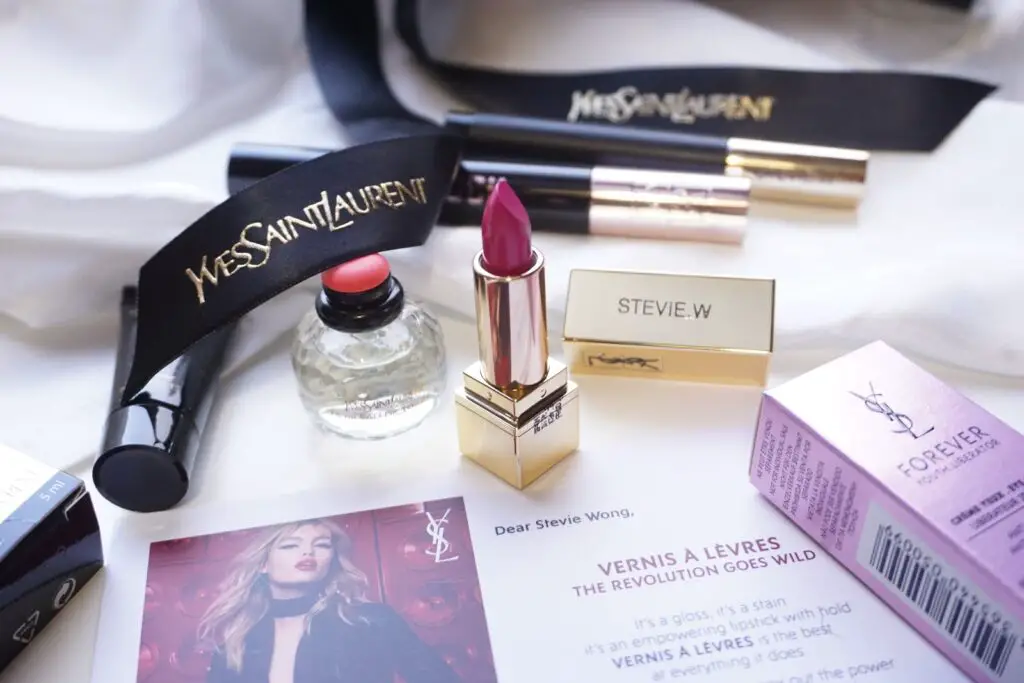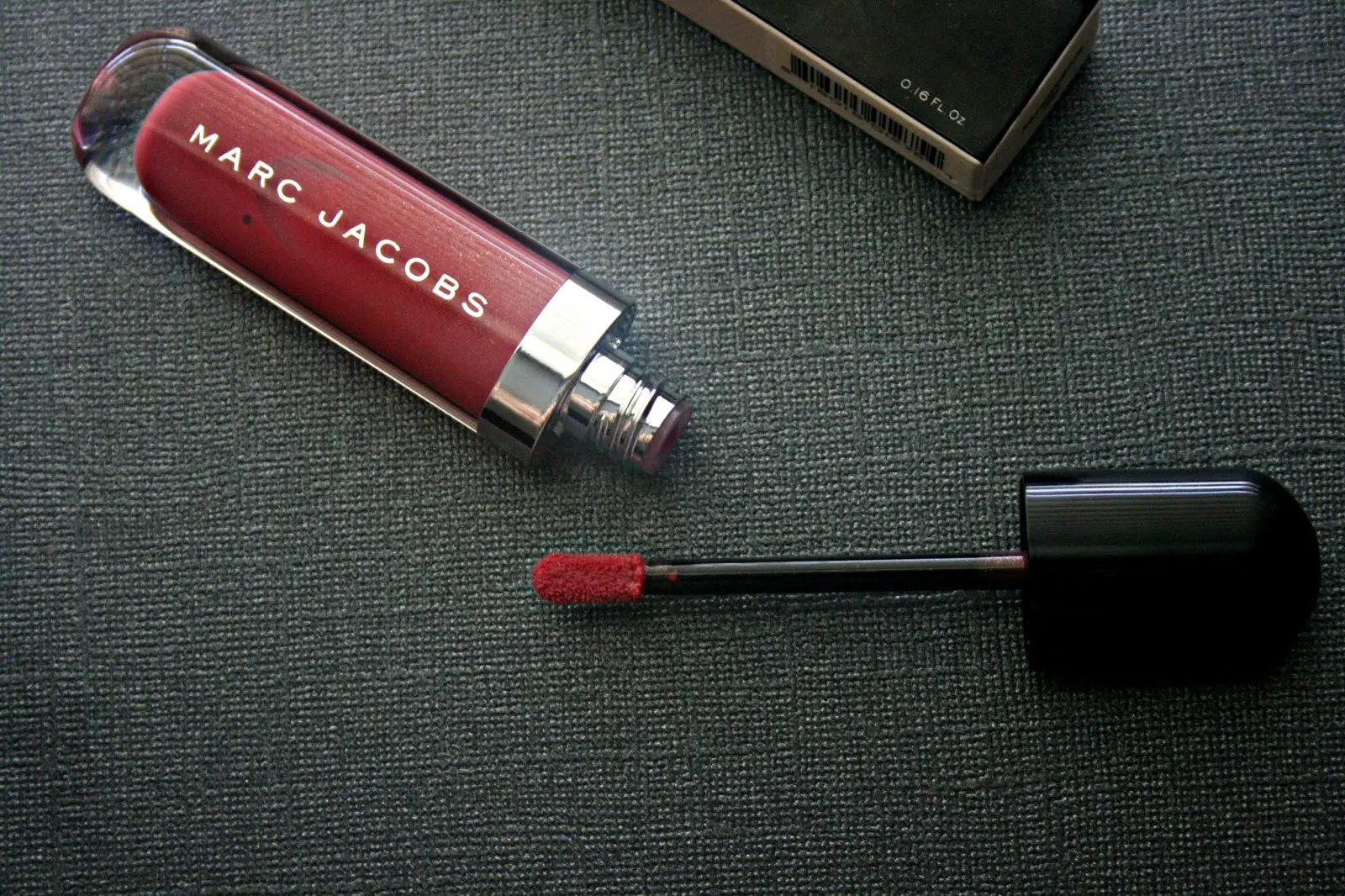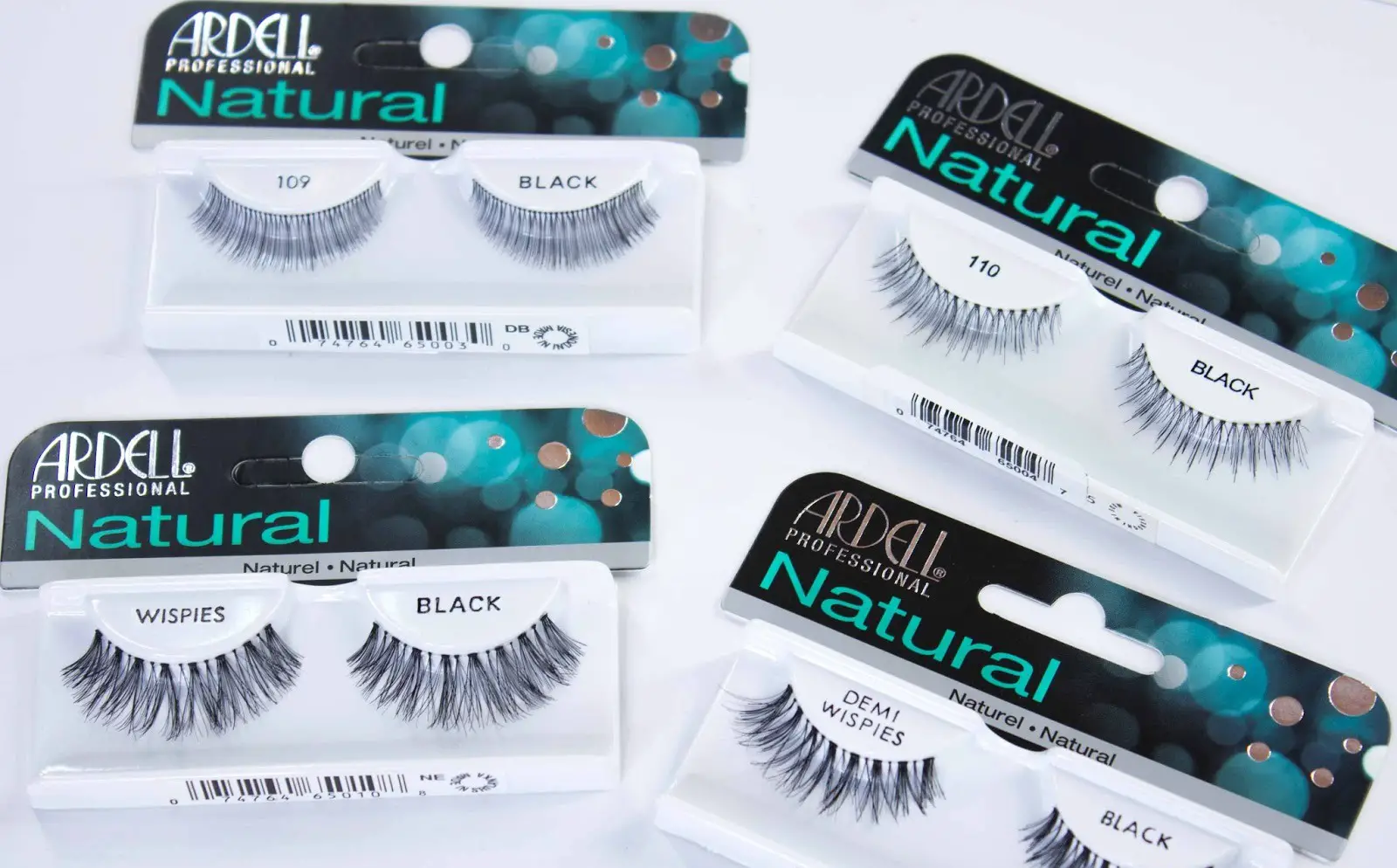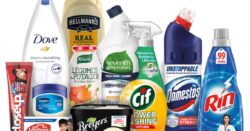Are you a fan of YSL beauty products, but also committed to buying only cruelty-free? You might be wondering whether this renowned brand meets your ethical standards. This article will offer comprehensive insights about YSL’s animal testing policies, their vegan status, and even provide some alternatives if you’re looking to switch brands.
Keep reading to make an informed choice for guilt-free glamour.
Key Takeaways
- YSL Beauty is not certified as cruelty – free by organizations like PETA’s Beauty Without Bunnies program and Leaping Bunny due to their decision to sell in China, where animal testing is required for imported cosmetics.
- Although YSL claims to not test on animals and has a strict policy against it, their choice to enter the Chinese market contradicts this stance, raising ethical concerns among animal rights activists.
- YSL is not considered a vegan brand as they use animal ingredients in some of their products and incorporate animal-based materials into their designs, such as leather.
What Does it Mean for a Brand to be Cruelty-Free?
Being recognized as a cruelty-free brand is more than just a label, it signifies an ethical stance and commitment of the cosmetic company. It means that the brand, inclusive of its suppliers and any third parties working on its behalf, does not conduct or commission animal testing at any stage of product development.
This assurance includes every element from individual ingredients to the final cosmetic products.
Cruelty-free brands are often certified by organizations like Leaping Bunny, PETA’s Beauty Without Bunnies program or Choose Cruelty-Free which validates their claims through rigorous checks.
In addition to avoiding animal testing for both domestic and imported cosmetics, such companies typically take measures to avoid selling in regions where post-market testing might subject their products to mandated animal tests – an example being China’s stringent cosmetics regulation laws.
This is an essential component in maintaining their cruelty-free status. Brands committed to these policies prioritize consumer trust and ethical purchasing decisions over expanding into questionable markets.
YSL’s Stance on Animal Testing
YSL does not test its products on animals and is committed to being cruelty-free.
Does YSL Test on Animals?
YSL Beauty struggles to fit the standard definition of a cruelty-free brand. While their animal testing policy declares they do not conduct such tests, there is a twist in this tale.
Contrary to its policy, YSL chooses to market and sell in China where imported cosmetics face mandatory animal testing by law. Even with the possibility of pre-market exemption, the products could undergo post-market testing as per Chinese health authority regulations.
This controversial choice has kept YSL off certifications from various organizations like PETA’s Beauty Without Bunnies program and Leaping Bunny that designate brands as cruelty-free.
Animal rights activists and ethical purchasers often question this stance on animal testing because selling products in jurisdictions mandating these tests implies tacit consent for potential harm to animals caused during testing procedures.
Are YSL Products Sold in China?
YSL Beauty, a division of the luxury fashion brand Yves Saint Laurent, markets its cosmetic products in China. They offer their wide range of makeup, perfumes, skincare and nail polish collections to Chinese consumers.
However, under current legislation established by the Chinese health authority on imported cosmetics’ regulation, animal testing is mandatory. That means each product YSL sells within China undergoes animal testing before reaching consumer hands.
Furthermore, these products can still face post-market testing even if they initially receive an exemption from pre-market tests.
YSL’s Animal Testing Policy
YSL Beauty’s animal testing policy has been a topic of controversy. While the brand claims not to test on animals, they choose to sell their products in China where animal testing is required for imported cosmetics.
This decision raises ethical concerns among animal rights activists and those who prioritize cruelty-free beauty products. As a result, YSL Beauty is not certified as cruelty-free by organizations like Leaping Bunny, PETA, or Choose Cruelty-Free.
It’s important to note that even if YSL’s products may be exempt from pre-market animal testing in China, they can still be subjected to post-market testing without their knowledge or control.
Is YSL Owned by a Parent Company?
YSL Beauty is owned by L’Oréal, a major player in the cosmetics industry. As part of L’Oréal’s Luxe division, YSL remains under its parent company’s umbrella. This means that while YSL operates as an individual brand, it is still connected to L’Oréal and its practices.
It’s worth noting that L’Oréal conducts animal testing, which has implications for YSL’s cruelty-free status.
Vegan Status of YSL
YSL is not considered a vegan brand due to the use of animal ingredients in some of their products.
Is YSL Vegan?
YSL Beauty is not considered vegan. They do not have a vegan-friendly policy and their products may contain animal ingredients or materials. YSL Beauty also tests their products or ingredients on animals, or allows others to conduct testing on their behalf.
They do not tolerate any exceptions to their animal testing policy. Additionally, YSL Beauty sells its products in China, where animal testing is required for imported cosmetics. This means that their products are most likely tested on animals before being sold in the Chinese market.
Does YSL Use Animal Skin?
YSL uses animal skin in many of their products, particularly in their bags. The brand primarily uses materials like calfskin and lambskin leather to create their luxurious accessories.
Additionally, some YSL bags feature python-embossed leather for a unique look. These choices mean that the brand incorporates animal-based materials into their designs, which may not align with the values of those seeking cruelty-free options.
Cruelty-Free Alternatives to YSL
YSL Beauty may not be considered cruelty-free, but there are several alternatives available that meet the criteria. Here are some cruelty-free brands that you can try instead:
- Milk Makeup
- Urban Decay
- Illamasqua
- BareMinerals
Conclusion
In conclusion, YSL Beauty is not considered cruelty-free due to their choice to sell in China, where animal testing is required. Although they claim to not test on animals and have a strict policy against it, their decision to enter the Chinese market contradicts this stance.
As conscious consumers, it’s important to consider these ethical implications when making purchasing decisions and explore cruelty-free alternatives to YSL Beauty.
FAQs
1. Is YSL a cruelty-free brand?
YSL is not considered to be a cruelty-free brand as they sell their products in China, where animal testing is required by law for certain cosmetics.
2. Does YSL test on animals?
Yes, YSL does conduct animal testing on their products when required by law, such as for selling in countries like China that have mandatory animal testing regulations.
3. Are any of YSL’s products cruelty-free?
While some of YSL’s products may not undergo animal testing during their development process, the brand as a whole cannot be considered cruelty-free due to their decision to sell in markets where animal testing is required.
4. Are there any alternative cruelty-free brands similar to YSL?
Yes, there are many alternative cruelty-free beauty brands available that offer similar high-quality and luxurious products without conducting or allowing animal testing. Some popular options include Anastasia Beverly Hills, Kat Von D Beauty, and Urban Decay.




